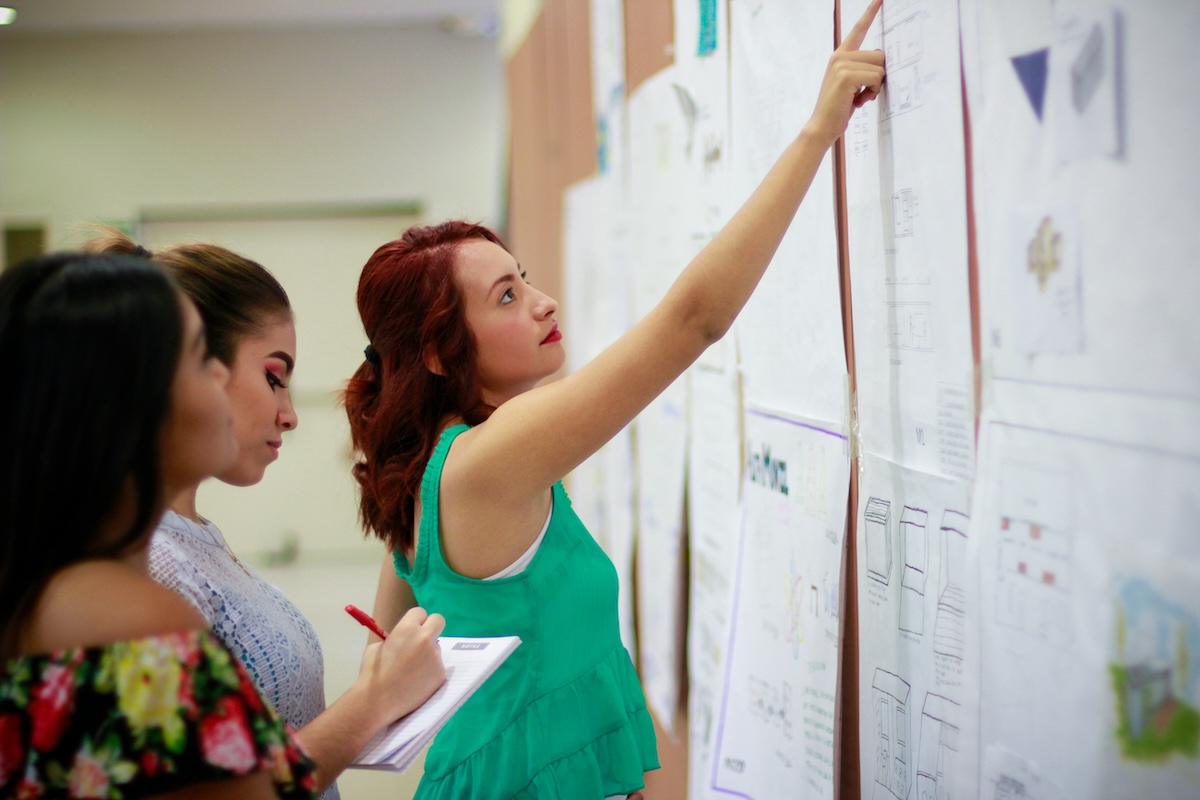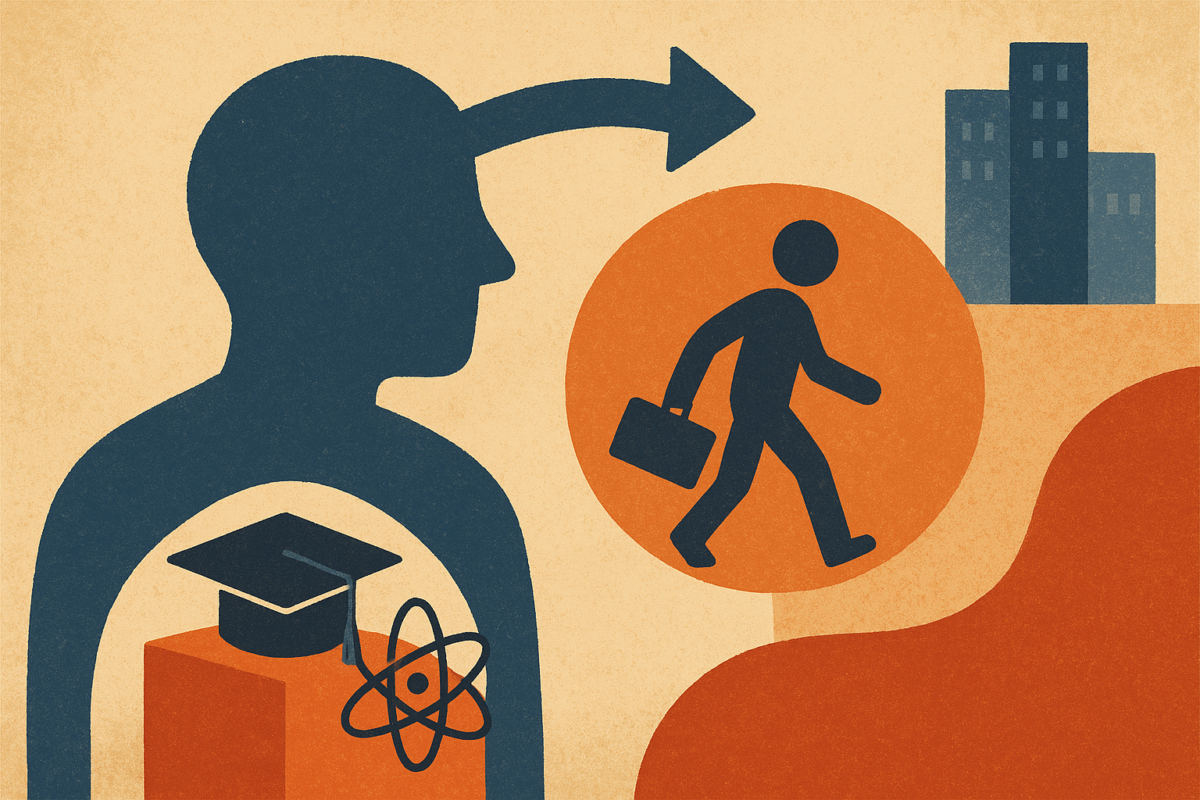 #Careers
#Careers
Four teacher development strategies
Expert lists the priority skills for improving teaching practices and encouraging more student-centered approaches
 Teacher development, with a focus on student autonomy, can spark interest in scientific research among young people, stimulating their curiosity and creativity | Image: Shutterstock
Teacher development, with a focus on student autonomy, can spark interest in scientific research among young people, stimulating their curiosity and creativity | Image: Shutterstock
On October 10 and 11, the Albert Einstein Teaching & Research Center (Cecília and Abram Szajman Campus) in São Paulo will host the IV International Symposium on Education – Transforming Education in Brazil, aimed at educators, researchers, and postgraduate students, with a focus on education. Registration is open until August 20.
More information is available at Science Arena Opportunities.
The agenda includes workshops and talks by experts such as Galina Gheihman, professor of neurology at Harvard Medical School; Priscila Cruz, president of the Todos Pela Educação (“All for Education”) movement; and Welbert Pereira, head of the Postgraduate Program in Bioengineering at Einstein Hospital.
Click here to see the full list of speakers.
Teacher development
The aim of the symposium is to stimulate reflections on pedagogical practices capable of meeting the demands of a changing world.
Some of the topics set to be addressed include social and emotional development, interprofessional teaching, and the implications of artificial intelligence (AI) in education.
The conference will also offer a space for discussions on teacher development: a form of continuing education that allows professors to improve their teaching practices, interpersonal relationship abilities, and management skills.
“Some of the key skills for development in teaching, especially in higher education, seek to encourage more innovative and student-centered teaching,” explains Dr. Elda Maria Stafuzza Gonçalves Pires, academic coordinator of Einstein’s undergraduate medical degree and a member of the event’s organizing committee.
Below, Stafuzza lists the gaps and demands in teacher training, which will be discussed in more depth during the symposium:
1. Student-centered teaching strategies:
– Understand and adopt approaches that place the student at the center of the process, surpassing the expository model in which the teacher is the “owner” of knowledge.
– Teachers can act as facilitators in the classroom, challenging students, proposing problems and questions that stimulate critical thinking—which is applicable to any field of knowledge.
– Specific pedagogical strategies include team-based learning, gamification, and the use of simulations.
– Training on the use of AI as a form of support in the classroom or for preparing lessons.
– In medicine, key strategies include teaching and assessment in a multidisciplinary clinical environment (such as bedside teaching in outpatient clinics or wards) and microteaching as a means of analyzing speaking skills and receiving feedback.
2. Development of mindset and interpersonal skills:
– Teachers can learn to create a welcoming environment, where students feel comfortable sharing thoughts and asking questions.
– It is possible to improve skills related to classroom control and dynamics, which are important to leading collaborative classes in which students actively participate and make choices and decisions, as well as justifying them in discussions.
3. Assessment and feedback skills:
– Student assessment needs to evolve beyond memorization, instead focusing on evaluating their reasoning and ability to articulate information and make inferences.
– For courses that require the development of techniques, skills, and competencies (such as medicine), teachers need to know how to “diagnose” a student’s learning and give feedback.
– In the context of medicine, it is essential to teach clinical reasoning, which involves putting the pieces of the puzzle together to reach a diagnosis. This includes using open-ended questions to understand the difficulties faced by students (collecting information, interpreting data, or conducting exams) and recognizing biases they may hold, such as anchoring on their first hypothesis.
4. Encouraging research:
– Teacher development, with a focus on student autonomy, can spark interest in scientific research among students, stimulating their curiosity and creativity.
– Contextual teaching, which shows students the practical relevance of what they are learning, avoids memorization and stimulates reasoning.
– It is important for students to develop self-regulated learning and metacognition, enabling them to look inward, perceive what they know and what they do not, identify gaps, and seek improvement.
*
This article may be republished online under the CC-BY-NC-ND Creative Commons license.
The text must not be edited and the author(s) and source (Science Arena) must be credited.


